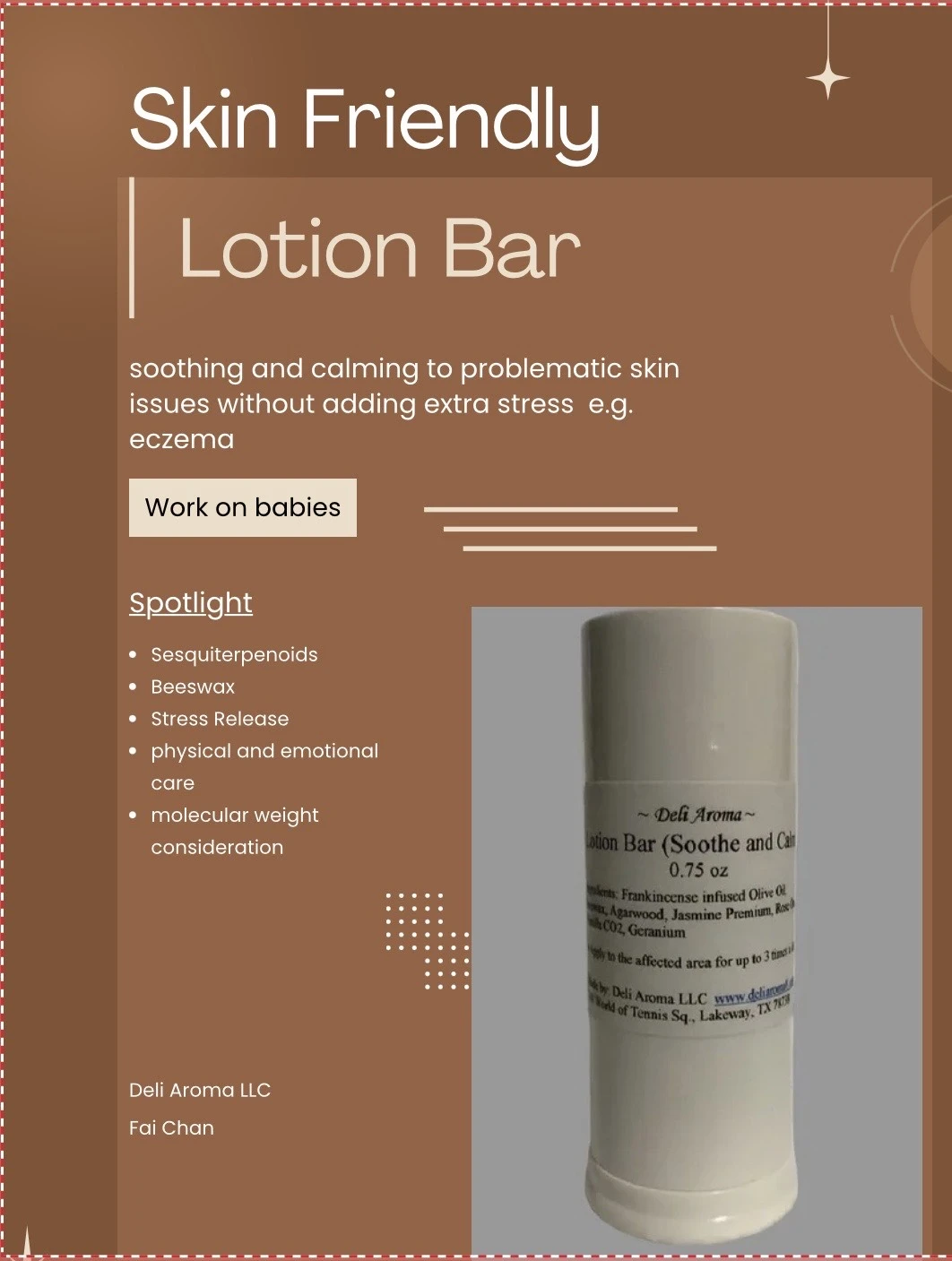Indexed In
- Open J Gate
- Genamics JournalSeek
- ResearchBible
- RefSeek
- Directory of Research Journal Indexing (DRJI)
- Hamdard University
- EBSCO A-Z
- OCLC- WorldCat
- Scholarsteer
- Publons
- MIAR
- Euro Pub
- Google Scholar
Useful Links
Share This Page
Journal Flyer

Open Access Journals
- Agri and Aquaculture
- Biochemistry
- Bioinformatics & Systems Biology
- Business & Management
- Chemistry
- Clinical Sciences
- Engineering
- Food & Nutrition
- General Science
- Genetics & Molecular Biology
- Immunology & Microbiology
- Medical Sciences
- Neuroscience & Psychology
- Nursing & Health Care
- Pharmaceutical Sciences
Abstract
Arsenic and Lipid Balance in Workers Exposed to Urban Pollutants
Francesco Tomei*, Federica De Marco, Donato Pompeo De Cesare, Grazia Giammichele, Carmina Sacco, Gianfranco Tomei, Silvia Corsale, Roberto Massimi, Luciana Fidanza, Pasquale Ricci and Carlo Monti
Background: Previous studies in the literature showed that exposure to low doses of arsenic can cause damage to various organs and tissues. The purpose of this study is to evaluate the possibility that arsenic can also cause alterations in the lipid structure of workers (drivers and road operators) professionally exposed to low doses of arsenic due to exposure to urban pollution.
Materials and methods: The study was conducted starting from an initial sample of 1500 Municipal Police workers in a large Italian city. The correlation indices (r) and multiple linear regression (β) between urinary arsenic and lipid profile (total cholesterol, High-Density Lipoprotein cholesterol, Low-Density Lipoprotein cholesterol and triglycerides) were calculated. Student's t-test and chi-square test between the various groups were also calculated to check for any differences.
Results: Pearson indices and multiple linear regression between urinary arsenic, total cholesterol, HDL cholesterol, LDL cholesterol, and triglycerides are not statistically significant; the only significant data that seem to influence total cholesterol is represented by age and job (p<0.005), while HDL cholesterol seem to be influenced by gender (p<0.05) The value of urinary arsenic, total cholesterol and LDL is higher in the group of road operators (p<0.005) compared to drivers.
Conclusion: The results obtained did not show a sure correlation between the levels of arsenic and the lipid profile and they lead us to believe that exposure to the very low levels of arsenic from urban pollution does not cause effects on the lipid profile and therefore these would be the need of new and original operating protocols, with the inclusion of innovative parameters relating to the presence of arsenic. The alteration of the lipid parameters detected could depend on the amount of dose absorbed, also by other pollutants according to a hermetic mechanism.
Published Date: 2023-09-04; Received Date: 2023-08-04


